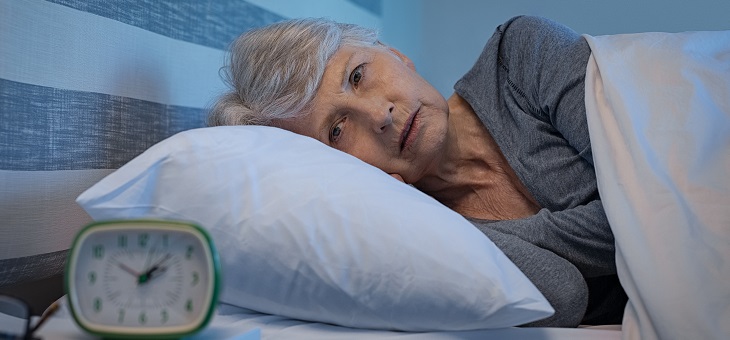We all have them from time to time … those terrible restless nights where you can’t seem to either fall or stay asleep. The next day can be the worst part, dragging yourself through work or activities when you’re exhausted and your body won’t function as it should. Here’s what you need to know in order to get the best out of your tired self and make sure the next night isn’t a restless repeat.
Don’t hit snooze
We know it’s especially tempting when you’re exhausted to convince yourself that just 10 more minutes of shut eye will compensate for a wakeful night, but the stats say we’re wrong.
According to sleep expert Sonia Ancoli-Israel who was interviewed by health.com, the best thing you can do the morning after a bad sleep is stick to your normal routine as much as possible. While it is good for us, it means no snoozing and no sleeping in, even if it’s a day off. This helps to maintain your circadian rhythms which impact your energy levels, metabolism, immunity and more.
Get outside
Getting out of the house – and not just bed – can help to cue your body clock and make you feel more awake. Whether it’s going for a walk, having your breakfast sitting outside or even just standing outside the back door for a minute, expose yourself to the sun as much as you can. The production of melatonin – your body’s ‘sleepy’ hormone – is supressed in natural light, making you more alert, according to Ancoli-Israel.
Limit the caffeine
It’s tempting to use coffee as a liquid crutch to keep us going throughout the day, but unfortunately, we have to rein ourselves in. If having coffee or another caffeinated drink like green tea is normally a part of your morning routine, go for it. However, sleep specialist Dr Michael Breus warns that while caffeine can help us get going in the morning, it’s best to cut it off by lunchtime to avoid being kept awake at night.
Nap time
Back to the good old days of daily naps … just don’t exceed 25 minutes. Sleeping for too long allows your body to slip into a deep sleep, after which you’ll probably feel even more groggy than before your nap. They say that a 25-minute nap around 1pm allows your body enough rest time without impacting your sleep cycle and keeping you up at night.
Get moving
Exercise stimulates your body into producing cortisol, which keeps you alert. One study showed that 10 minutes of stair climbing worked to boost your body’s energy levels more than a can of caffeinated soda. Your energy naturally dips around 3pm, so counteracting this with even a small amount of physical exercise can keep you on your feet.
Don’t drink alcohol or smoke
It might not be the most welcome news in the world, but while alcohol does make you sleepy while you drink it, it actually wakes your body up once it’s been processed a few hours later, making for another bad night’s sleep. Similarly, tobacco is a stimulant, so along with all its other negative health effects, it will keep you awake and can give you a bad night’s sleep.
No tech time
The blue light given off by your phone or other screens is stimulating and can keep you awake, so try to put away the tech once the sun goes down.
Are restless or sleepless nights regular for you? Or maybe you’re tired a lot of the time? We recommend seeing your GP if sleep problems are starting to interrupt your daily life, work habits or mood.
Related articles:
Sleep – five tips to get enough
What sleeping naked can do for you
Sleep issues linked to heart attacks

